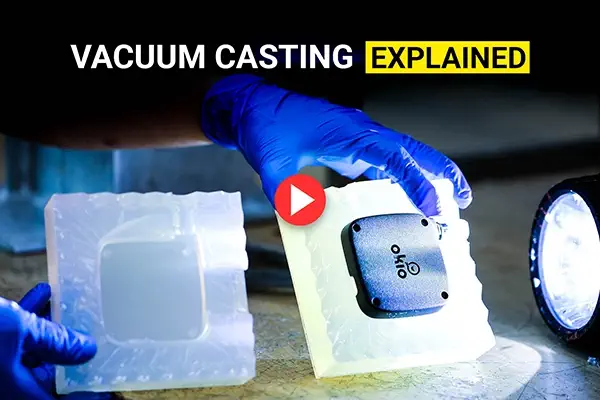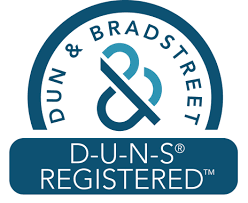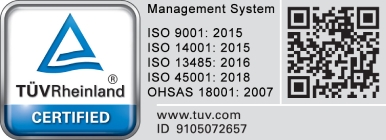- Case Studies
- EasyJust Case Study: Rapid Prototyping an Adjustable Table
EasyJust Case Study: Rapid Prototyping an Adjustable Table
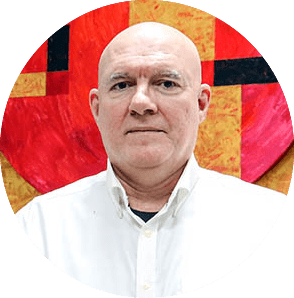
- Star Rapid
- < 1 min
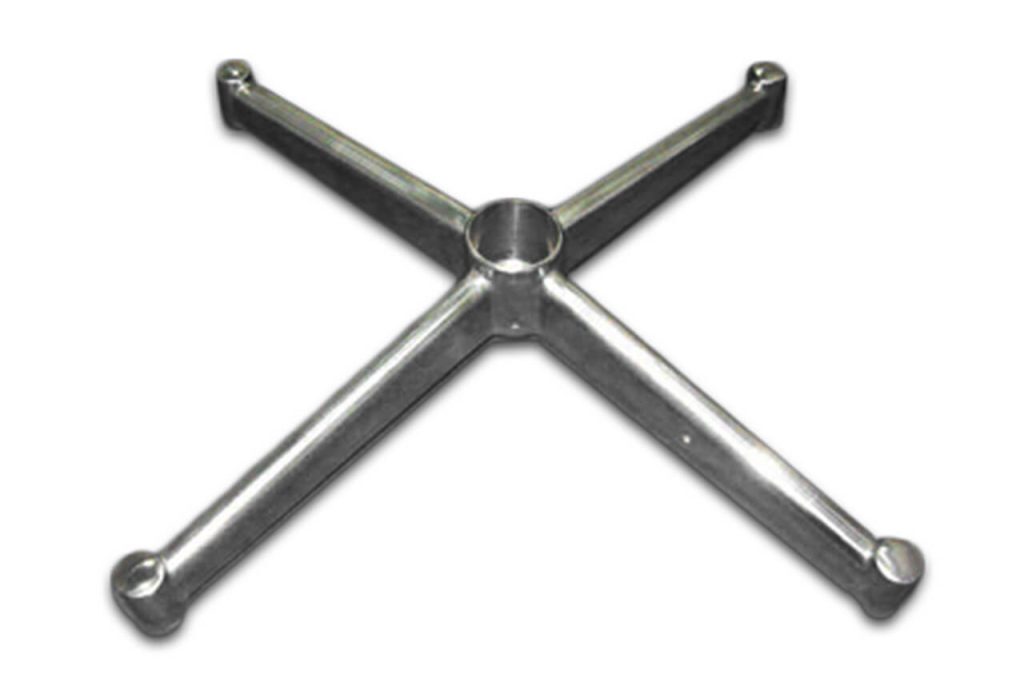
- Case Studies
- EasyJust Case Study
EasyJust Case Study: Rapid Prototyping an Adjustable Table

- Star Rapid
- < 1 min

Table of Contents
Customer
EasyJust
Industry
Furniture / Consumer Products
Components
Base Prototypes and High-Pressure Die Cast Tools
Mold Material
H13 Tool Steel
Parts Material
Aluminum A380
Quantity
<10
Lead time
40 Days
Services
“We are very impressed with the quality and efficiency. The product is now a commercially available success”.
Managing Director, EasyJust
Keep a Steady Keel With EasyJust: Prototyping an Adjustable Table Base
No one likes to sit down to a nice meal at an outdoor cafe only to find their table wobbling and rocking like a ship lost at sea. That’s why EasyJust came up with an adjustable and all-purpose base to provide a firm and level foundation for eateries of all kinds across Australia. See how Star Rapid supported the product’s launch by machining the prototypes, trying several surface finishes, and die-casting the first units.
The Challenge: Streamlining Prototyping and Casting
When the project began, EasyJust had not yet defined some details of the project. There were various finishing options, and they wanted to test which would be most favorable on the market.
This meant applying various types of coatings and chemical processes to one prototype at a time – all without compromising the project’s deadline.
We rose to these manufacturing challenges by:
- CNC machining the prototypes, since it’s a fast method that doesn’t require tooling and results in high-quality parts.
- Applying surface finish treatments in-house whenever possible to save valuable time.
- Pressure die casting the parts and finishing them to the texture selected by the client.
Our Approach: Understanding and Making the Parts
First, we conducted a careful design overview to understand the parts and suggest improvements when possible. Then, we applied Positive Material Identification (PMI) to test the composition of the alloys used in the tools and parts.
And every part manufactured—whether a prototype or final version—was thoroughly tested before leaving our factory. This extra measure is a standard procedure we perform in-house in a controlled environment using advanced measuring equipment.
Fabricating The Prototypes
The first run of prototypes was CNC machined from aluminum in a 5-step process:
- Program the Machines
- Review and Improve the Codes
- Mount the Workpiece on the Machine and Adjust the Setup
- Monitor Production and All Functions
- Adjust the Cutting Programs When Necessary
While these practices are typically repeated in any CNC machining project, the cutting programs used are unique for each part. We had to consider things like machine type, part geometry, tool type, and raw material.
The prototypes were sent to our model shop and our trusted partners for polishing to achieve a reflective and shiny appearance, powder coating to achieve a more durable protective finish, and silver anodizing to create a beautiful clear finish that enhances resistance to corrosion and wear.
During the approval process, the customer chose to proceed with the creation of a pressure die casting tool for a limited production run.
Die Casting the Parts
The pressure die casting cavity and core were made from H13 tool steel hardened to Rockwell 42C. The internal faces were hand and machine polished to Ra 1.6—a measure of surface smoothness.
The tools were loaded into our machine, and molten aluminum was carefully poured into a ram, which injected the metal under high pressure into the tool’s cavity. There, the metal solidified into the final shape of the part.
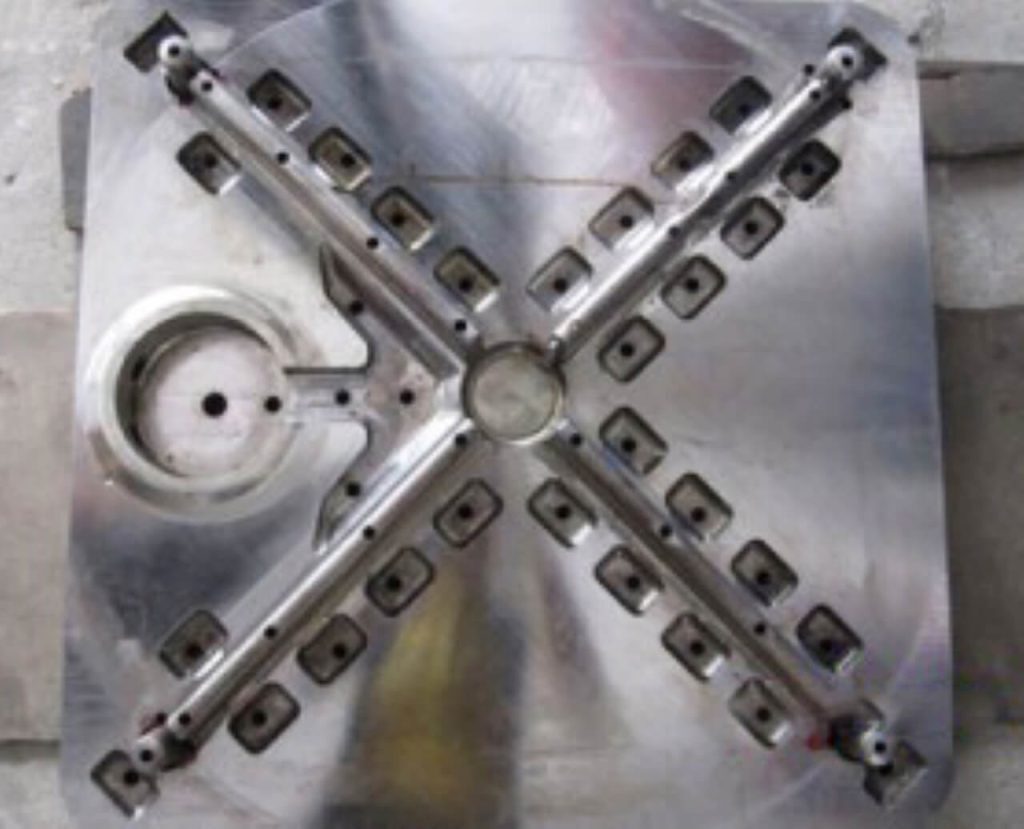
The material used to cast the part was A380. This type of aluminum alloy offers good mechanical properties and resistance to corrosion. It’s also lightweight and can receive different types of finishing techniques.
In addition to the mold tooling, special holding fixtures were also made for post-machining of some features like tapped holes and threading, which are impossible to make in a casting.
The final product was left unplated but was polished to a medium-high gloss.
The Result: Rapid Production for a Successful Launch
We produced, inspected, and delivered the first units of the table legs in under 40 days.
The most time-consuming part of a project like this tends to be mold making, but it’s a careful process directly tied to the quality of each part delivered. After everything was tested and approved by the client, the process became more straightforward.
We were immensely pleased with the quality of this delivery and the product’s successful launch.
Most notably, we saw success because of:
- Direct communication with EasyJust’s team to discuss and approve finishing choices.
- The experienced mold makers and operators who handled tooling and casting.
- Our wide array of finishing services, which allowed EasyJust to test various possibilities without waiting long for the delivery of samples.
The Highest Quality in Tools and Parts
Star Rapid has decades of experience in making high-quality die casting tools and parts.
We also offer a range of additional services necessary to complete finished products, such as CNC machining, plating, anodizing, powder coating, EDM surfacing, and much more.
Submit your design files today for a free quote, and let’s work together on your next innovative product solution.


